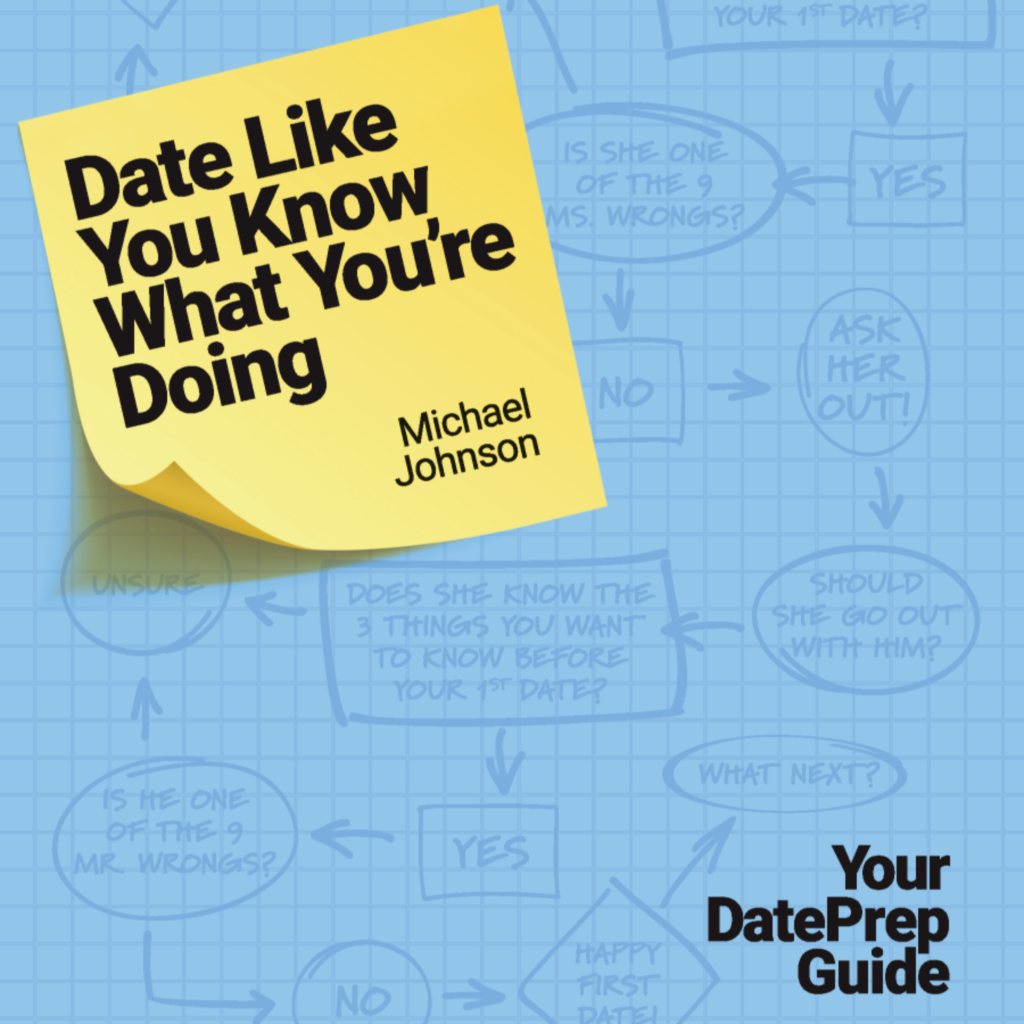 “You look like my next mistake
“You look like my next mistake
Love’s a game, wanna play?”
“I should just tell you to leave ’cause
I Know exactly where it leads but I
Watch us go ’round and ’round each time”
“Cause, baby, now we got bad blood
You know it used to be mad love”
That’s just a quick sampling of song lyrics from Taylor Swift. She’s not merely the most powerful pop artist today, she is arguably one of the most virtuous. And yet, despite their lack of overt sexuality, her lyrics present (and more-to-the-point celebrate) a rather reckless pursuit of the next lover’s high, regardless of the consequences.
Fall in love. Break-up. Repeat.
Is that what you want from relationships?
Or let me ask that question a little differently?
Is that all you want?
I think if we were honest, most of us would say we’d prefer a good number of crazy romantic escapades (so intoxicating they’re worth the subsequent heartache). And then eventually (and miraculously, might I add) we hope to wake up and find ourselves in a life-long romance defined by faithfulness, fun and fulfillment.
But what if that duel goal isn’t realistic?
What if pursuing relationships just for the next romantic high is actually a difficult habit to break? And what if remaining in relationships only as long as the chemistry endures is a nearly-impossible habit to break?
What if you have to choose between: mad love or mature, feverish or faithful, hot or healing?
If you’d prefer the mature, faithful and healing type of love, you’re reading the right post, because this week we’re going to uncover a secret to fool-proofing your dating life.
In fact, this little tip could empower you to discern whether the person you’re dating is more likely to be marriage material or your next mistake.
Do You Know Their Values?
You’ve probably heard it’s important to share values with the person you’re dating.
If you believe that sort of thing then you will want to find out what your date values and how much. Consider these basics:
- family
- friends
- independence
- faith
- career
- education
- possessions
- financial security
- appearance
- health
- social standing
- recreation/hobbies
In spite of the perceived importance of shared values, it’s a good bet that if you consider the last person you dated (or wanted to date), you would have to make one of these two admissions:
- They didn’t hold to the values you wish they did.
- You never cultivated the relational intimacy necessary to find out what values they held dear.
Guilty?
If so, would you like to change that?
If not, read on, teacher’s pet. There’s still something here for you too.
Move Over Values
Even if you are wisely proactive about uncovering the values of the people you’re dating, here’s the real shocker: values don’t matter much.
I’m not saying they don’t matter at all, but not as much as your date’s convictions.
You want to know your date’s convictions. And this isn’t easy to find out, because most people don’t honestly know their convictions. They only know their values. Unfortunately, the two are not the same.
A value is what someone believes is important, but a conviction is what someone believes is imperative. Our values are how we define ourselves, but convictions actually direct our decisions. We consider our values, but we submit to our convictions.
Can you see how important the distinction is?
So do learn what your date values, but don’t make the mistake of never discerning their convictions!
You could date someone who values sexual purity, but who presses you to lower your physical standards the longer you date. Or you could date someone who says family life is important to them, but who, after marriage, will put their career ahead of their family at every turn.
The Hypocrite in All of Us
Sure. Some give pretense that they hold to values they don’t hold anymore than a sieve holds water, but it’s not necessarily hypocrisy at work here.
Truth is, most of us love our values and truly want to live up to them. They are our ideal and who doesn’t want to live the ideal?
But pursuing ideals is hard work. It’s easier to settle for less. And so over the long haul, we only wind up sticking with our convictions.
For my part, I honestly valued sexual purity when I was dating. I truly wanted to please God in that area of my life. But not enough. As a result, I was a virgin on my wedding night, but I had not been sexually pure.
Am I alone here?
So, how do you discern between the convictions someone will die for and the values they merely try for?
We’ll discuss that next week, but for now, could I encourage you to look inside and consider what your personal convictions truly are? Get with a good friend or two and reflect on the questions below. It’s a good bet that, as you answer these questions for yourself (especially the “How would you prove it?” question), you’ll begin to understand what it will take to discern the difference between the values and convictions of others.
- In what order would you put the values listed above? What would be your TOP5 values? Is there another value not listed above that would be in your TOP5?
- Consider your TOP5 values. Which ones would you say are truly convictions you’d die for? How would you prove it?
- What would be your top value? Why? How did it become so important to you?
- Which of your values do you think would be essential to share with your future spouse?
- Are any of the values listed above not that important to you? Why or why not?
This post is one in a series on Purpose-Driven Dating which we define as follows: Intentional time invested in one other person for the purpose of growing in intimacy that might lead to a life-giving, life-long marriage. Our current focus: …for the purpose of growing in intimacy… The series begins with this post.
DNA: It’s What’s For Dating
Dug this weekend’s DNA? Tell your friends by liking or commenting on our FMU Facebook page or on your own Facebook page by clicking the button below.
The LoveEd study guide series, Beyond Sex & Salvation, will empower you to prepare for relational success when it counts: BEFORE YOU FALL IN LOVE! It’s NOT for couples, but for any wise individual who thinks they might want to get married sometime before they die. Check out the first two 8-lesson study guides in our store. You can walk through it on your own, but it’s more fun with friends, so consider putting together an FMU LoveEd small group study. Even better? And ask a married couple you respect to lead it!





